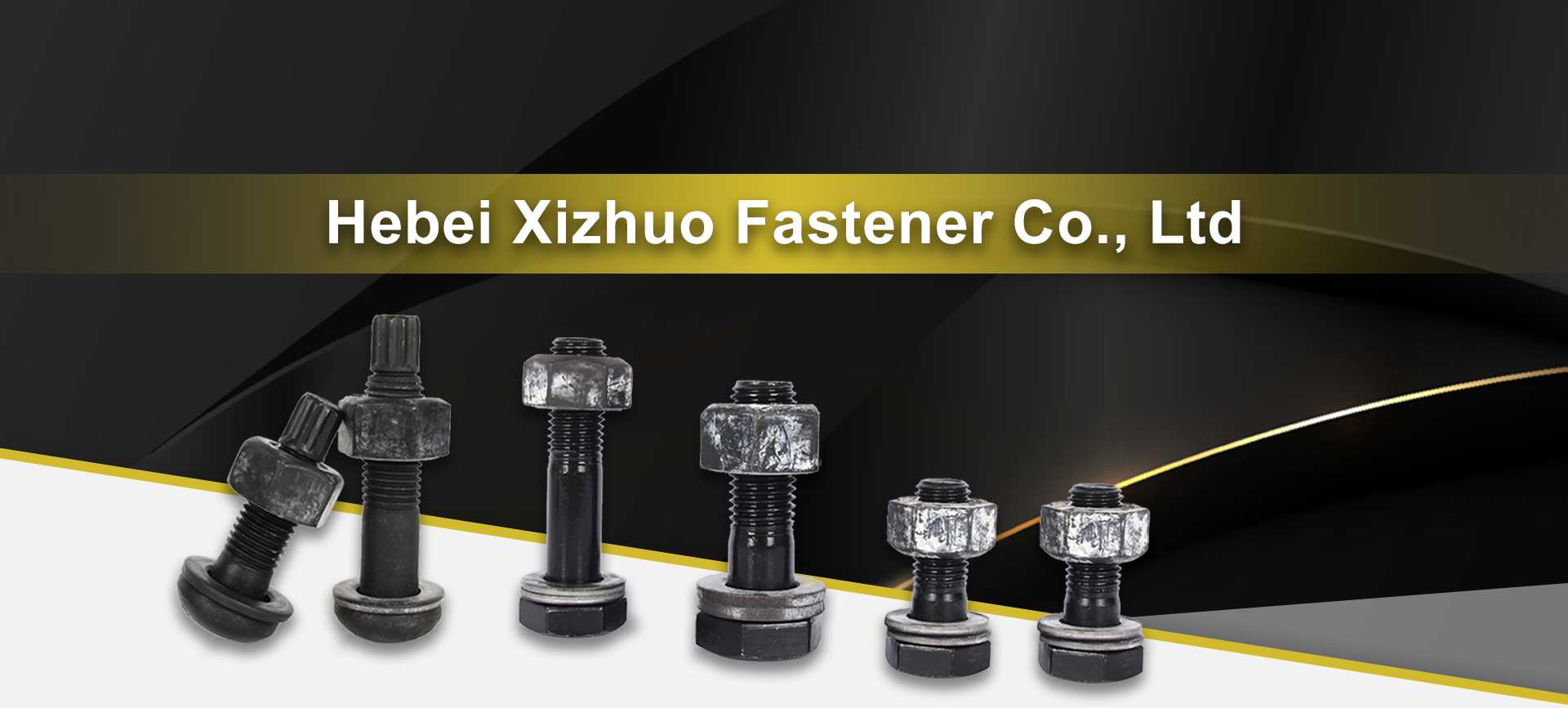Fully Threaded Stud Bolts for Robust and Reliable Fastening Solutions
Understanding Stud Bolts A Fully Threaded Solution
In the realm of mechanical engineering and construction, the significance of fasteners is paramount. Among them, stud bolts stand out as a critical component in various applications, ranging from pressure vessels to automotive assemblies. This article explores the characteristics, applications, benefits, and proper installation of fully threaded stud bolts, ultimately underscoring their importance in modern engineering solutions.
What is a Stud Bolt?
A stud bolt is a type of fastener characterized by a cylindrical rod with threads on both ends, often used to connect two unthreaded components. Unlike traditional bolts, stud bolts do not have a head; they are designed to be inserted into a pre-tapped hole or a nut, allowing for a strong and durable connection. Fully threaded stud bolts, in particular, have threads that extend along the entire length of the bolt, enhancing their versatility and usability in a wide range of applications.
Characteristics of Fully Threaded Stud Bolts
The defining feature of fully threaded stud bolts is their uniform thread pattern. This design allows for maximum gripping surface and load distribution, enabling them to provide a strong connection that can withstand significant forces. They are typically made from high-strength materials such as carbon steel or alloy steel, often treated for corrosion resistance. Common coatings include zinc plating, hot-dip galvanizing, and black oxide, which enhance their durability and performance in various environments.
The dimensions of stud bolts can vary widely, allowing them to suit specific design requirements. Available in various diameters and lengths, fully threaded stud bolts can be tailored to fit the needs of specific applications. The threads may also be of different types, such as UNC (Unified National Coarse), UNF (Unified National Fine), or Metric threads, providing additional customization options.
Applications of Fully Threaded Stud Bolts
Stud bolts are widely used across different industries due to their robust nature and versatility. Some notable applications include
1. Oil and Gas Industry Stud bolts are critical in connecting flanges in piping systems, where high pressure and temperature are prevalent. Their ability to maintain a tight seal prevents leaks, safeguarding both the environment and operational efficiency.
2. Mechanical Engineering In machinery, fully threaded stud bolts are often employed to secure components that experience dynamic loads. They play a vital role in maintaining the integrity of machinery under varying stress conditions.
3. Construction In civil engineering, stud bolts are used in structural frameworks to link beams and columns. Their strength and reliability contribute to the overall stability of buildings and infrastructure.
stud bolt fully threaded

4. Automotive Fully threaded stud bolts are utilized in engine assemblies and suspension components, where they ensure that high-stress connections remain intact during operation.
Benefits of Using Fully Threaded Stud Bolts
1. Strength and Durability The fully threaded design allows for a higher load-bearing capacity, making them ideal for heavy-duty applications.
2. Uniform Distribution of Loads The absence of a head leads to better distribution of stress across the entire length of the bolt, reducing the risk of failure under load.
3. Versatility Fully threaded studs can accommodate a range of nut types and sizes, making them suitable for various applications, both in industrial and commercial settings.
4. Ease of Installation Installation is straightforward, as the absence of a head allows for easy access in tight spaces.
5. Cost-Effectiveness With their ability to replace multiple fastening solutions, stud bolts can offer a more economical choice for securing components tightly.
Proper Installation Technique
To maximize the performance and longevity of fully threaded stud bolts, proper installation is essential. The use of a torque wrench to achieve the manufacturer-specified torque is recommended to prevent issues such as bolt stretch or failure. It is also crucial to ensure that the threads are clean and free of debris to avoid stripping during installation.
Conclusion
Fully threaded stud bolts play an essential role in a multitude of industries, providing reliable connections and supporting structural integrity across a wide range of applications. Their design, which promotes strength, versatility, and cost-effectiveness, makes them a favorite among engineers and construction professionals alike. As technology and engineering practices continue to evolve, the demand for robust fastening solutions like fully threaded stud bolts will undoubtedly persist, ensuring they remain a cornerstone of effective design and construction.
-
Weatherproof Plastic Expansion Anchors for OutdoorНовиниJun.06,2025
-
Sustainability in the Supply Chain: Eco-Friendly TEK Screws ProductionНовиниJun.06,2025
-
Load-Bearing Capacity of External Insulation FixingsНовиниJun.06,2025
-
Double Head Bolts: Enhancing Efficiency in Industrial MachineryНовиниJun.06,2025
-
Corrosion Resistance in Chipboard Screws: Coatings for Wholesale DurabilityНовиниJun.06,2025
-
Butterfly Toggle Bolts : Enhancing Structural ResilienceНовиниJun.06,2025
